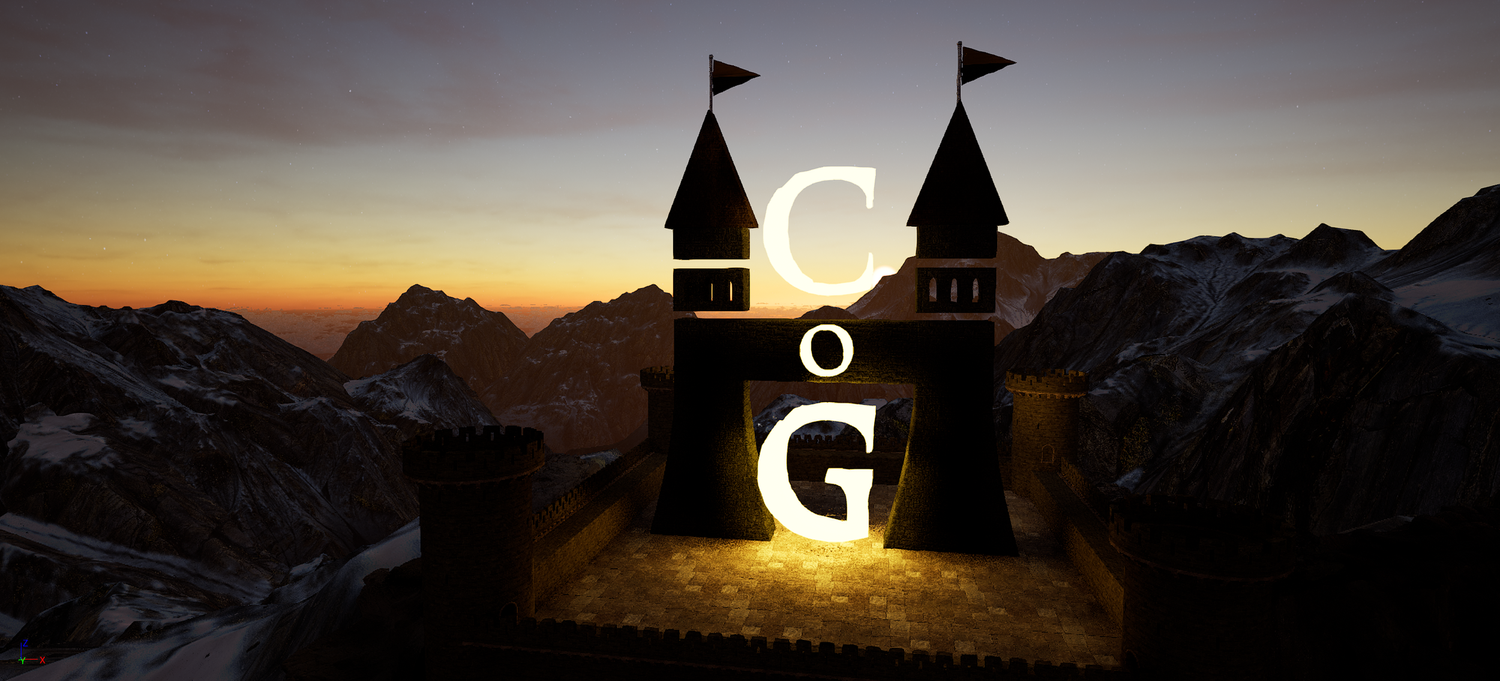This is a concept that has application in every aspect of our lives, from tying shoes to writing your name to even more specialized activities like playing an instrument or flying a plane. Perhaps more appropriately called "Motor Memory" this process is what happens when you repeatedly engage in some movement or activity to the point where you can do it without thinking any more. It starts the day you're born where you gradually learn to form words and speech based on hearing others talk. Later you use it to learn how to walk, throw a football, drive a car or type on a computer. We can all remember when we first learned how to type by hunt and peck until we hopefully learned the standard typing position to the point that we can type without looking at our hands.
It's been discussed and studied a great deal but it is still not fully understood. One theory contends that motor meory actually involves several different processes involving the brain, motor neurons, skeletal muscle, neurotransmitters like acetylcholine and serotonin, and other undiscovered processes. One study found that brain trauma patients suffering from a degree of amnesia could be taught a new procedure they would retain while they forgot the process of learning it. For example, they could be taught to shuffle a deck of cards, but they wouldn't remember learning how. This lends credence to the idea that multiple systems are responsible for motor memory and not purely the brain.
My specific interest in the topic is how it applies to learning and improving on the guitar. I find that learning new techniques or songs on the guitar is not only dependent on the amount of practice but also on the total duration in weeks, months, and years that I am regularly pursuing this new technique. I think most experienced players and teachers agree that 30 minutes of daily practice will do more to reinforce new concepts than 3 hours once a week. However the process works, it takes the body time to react to the mental and physical changes that are occurring to facilitate the new movement. Although there is a great deal of commonality in guitar techniques compared to the difference between playing guitar and needlepoint, there is still usually some degree of new learning involved in any new song. It's especially obvious when learning a completely new technique like an Eddie Van Halen or Tommy Emmanuel song when all you've been playing before are Bob Dylan tunes.
Usually learning new things on the guitar is very gradual and it's often hard to tell that you're making progress even if you are. One of the great joys is when you seem to make a sudden jump in capability overnight. Whether or not this phenomenon is more a subjective interpretation of the player, it does still seem to occur occasionally. I liken it to the process of wiring a house during the construction process. The payoff is obviously instantaneous between the days or weeks of work and the first time that you switch on the lights after the wiring has been completed. The interesting thing is that it seems that the motor memory process continues to work after you stop practicing a technique. I feel this must be true because I have had some unavoidable gaps in practicing due to travel and temporary duties but I have often found that I am able to make a jump in my progress once I return to practicing again.
The other great thing about motor memory is that it seems analagous to paving roads in your nervous system. I played guitar (albeit poorly) for a few years as a teenager, but essentially didn't play at all for over fifteen years. When I decided to start playing again, I found that I was still able to form chords and play certain songs that I had learned all those years ago and although it took me a little while to get calluses on my fingers, the process of "re-learning" chords was nowhere near as difficult or time consuming as the first time. It seemed like I still had those neurological pathways in my body, but that they just needed to have some weeds and debris cleared off before they were as good as new. Within a month of dedicated practice I think I was back to my original level of competence (not saying much, but even so) from when I quit playing all those years before.
